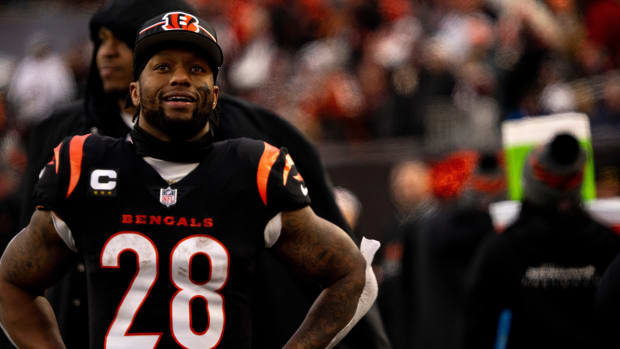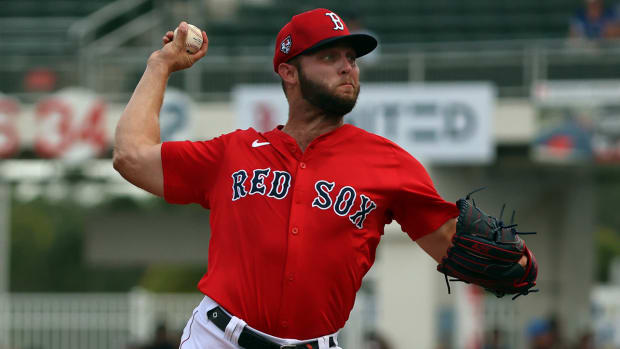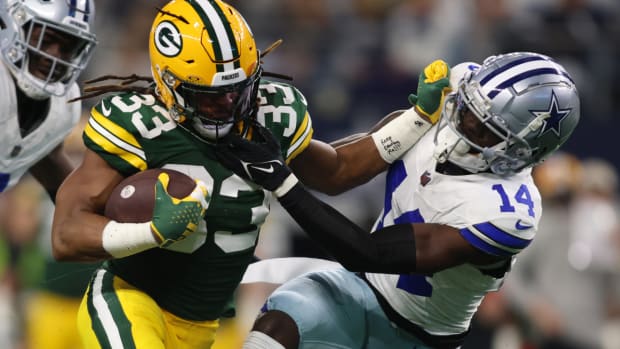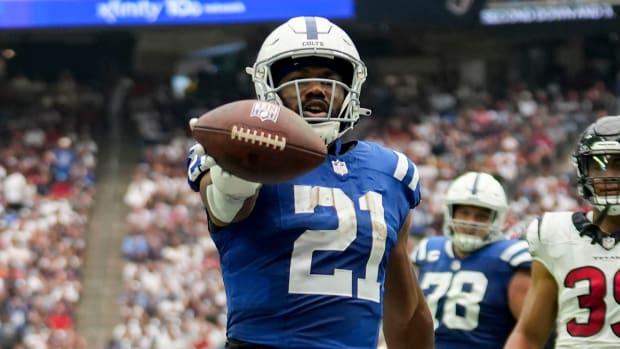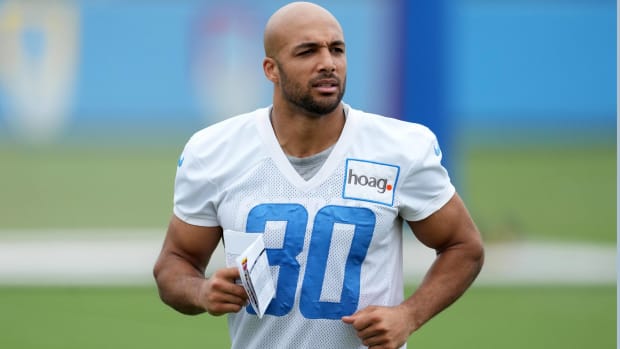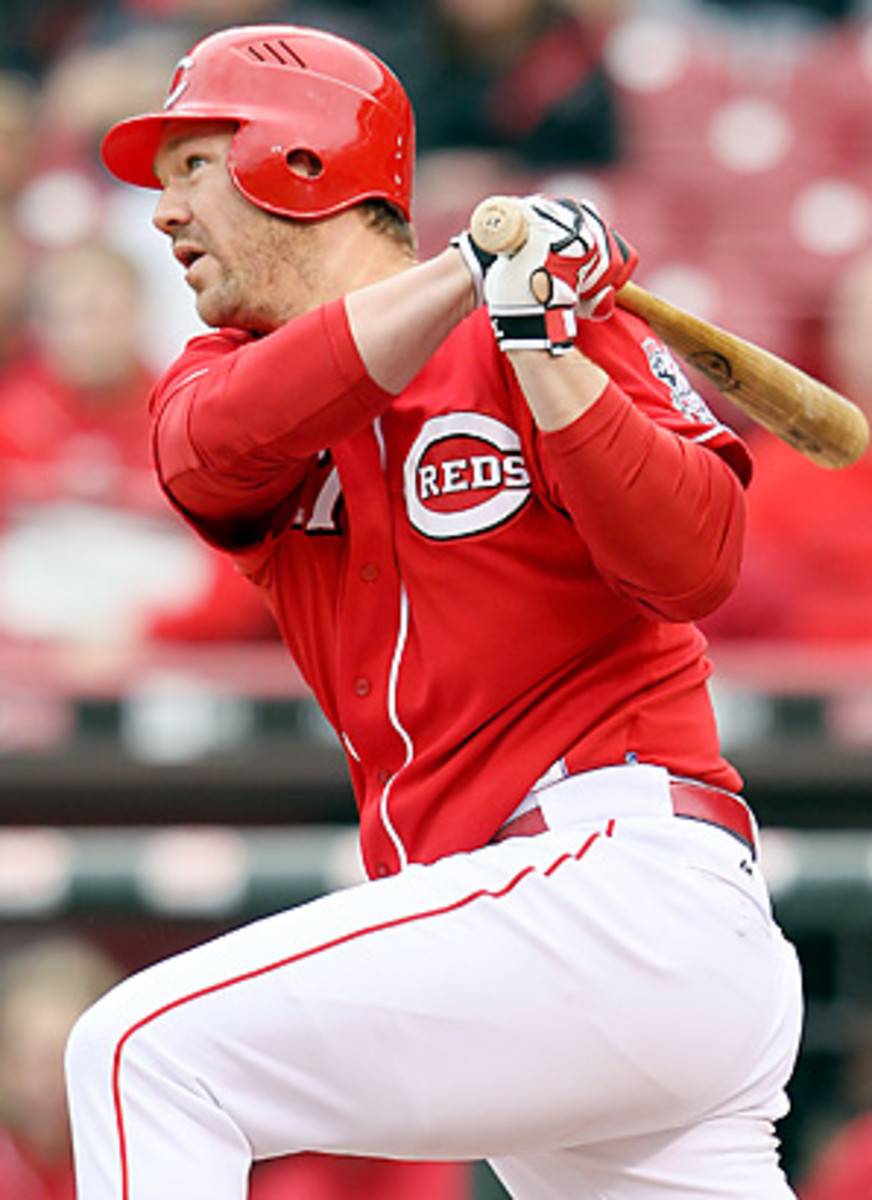
The Hardball Times: To the waiver-wire active go the fantasy spoils
For more fantasy analysis, check out The Hardball Times.
Consider this: Fantasy teams that make more moves during the season tend to finish higher overall in the standings. Admittedly, I don't have the data from fantasy leagues on a team's moves made compared to the final standings to prove it true, but I would bet a lot of money that the two correlate positively fairly strongly.
One could interpret this fact to mean that the moves themselves led to winning, but I would consider that a misinterpretation. Instead, I'd argue that a team's moves indicate which owners followed the league most intensely and it is that intense following that breeds winning.
This means that making moves purely for the sake of making them will not increase your chances of winning. However, it is important to make moves throughout the season in response to changes in playing time or even the exceptionally hot or cold starts that some players experience in the beginning of a season. In other words, do not remain too prideful of the players you drafted -- especially your later-round picks -- because chances are a player will emerge early in the season who is worth owning over one of the players on your team.
I am not suggesting you give up on your drafted players at the first hints of struggling or jump blindly onto the bandwagon of a hot starter with a poor underlying skill set. The most important thing to do is evaluate every situation independently because every player is different.
On an individual basis every move you make should be made with the common goal to make your team better. If Player A in free agency is better than Player B on your team, add A and drop B. It sounds simple enough in theory, but when it comes down to deciding on whether to add a player or not in reality, things can get murky.
And when things get murky, people get indecisive.
I'm sure everyone reading this knows the bad feeling you get after seeing someone else add a player you were considering adding. And god forbid that player plays well for the other team, it is hard not to get a headache after checking the box scores on a nightly basis.
Indecisiveness, though, is not necessarily a bad thing. If you researched the players thoroughly -- both the one you are considering adding and the one you are possibly dropping -- and decide that you need to see a few more at-bats before making a decision, then there is nothing to regret.
However, if you check the stats of the possible pickup a little more closely and take him more seriously only after he was added by someone else, then the indecisiveness is the result of laziness and a lack of confidence on your part. In a highly competitive league where free agency is combed through like a beach filled with metal detector-wielding scavengers, winning the league is probably impossible with such indecisiveness. With a good draft you can place reasonably high, but the winner without a doubt will have combined a solid draft with effective use of free agents and maybe a few trades.
So, do your research on free agents and don't let indecisiveness make you apathetic and leave your season filled with regrets.
Paul Singman has been managing fantasy baseball teams for many seasons and writing for THT Fantasy over the past year and a half. In his first year competing in expert's leagues, he is both surprised and happy to say he finished in the top 30 percent of his three leagues. He welcomes readers' thoughts at his e-mail here.

































